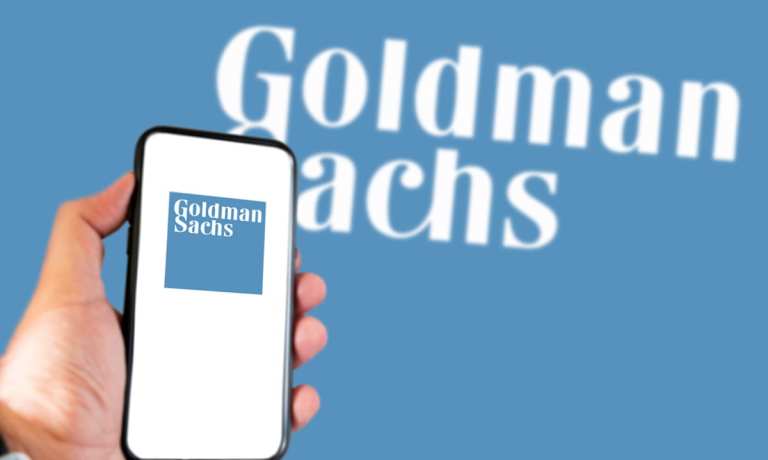Goldman’s GreenSky Sale Has Implications for FinTech ‘Exit Strategies’

Goldman Sachs’ sale of its FinTech lender, GreenSky, is reportedly close to being a done deal.
As reported this week, the company is, per Bloomberg, drawing interest from the private equity realm – and within the FinTech arena itself.
Among the bidders reportedly in the running: Apollo Global Management and Sixth Street.
Interestingly, artificial intelligence (AI)-powered FinTech Pagaya Technologies is also rumored to be in the mix, with private equity investor General Atlantic as a partner. In terms of the price tag, the latter two firms are reportedly offering up to $800 million.
If the final sale price is indeed in the several hundreds of millions of dollars, it could hardly be said that Goldman would make a return on its investment, having paid $2.2 billion just under two years ago for GreenSky.
Back at the time of the deal’s announcement, Goldman CEO David Solomon said that “we have been clear in our aspiration for [Goldman’s digital banking platform] Marcus to become the consumer banking platform of the future, and the acquisition of GreenSky advances this goal.”
Goldman’s retail banking push has now been scaled back. Marcus has not been the digital bank that the Goldman Sachs had hoped to create, where the company booked a $470 million loss on the partial sale of its book of Marcus loans this past spring.
GreenSky is part of Goldman’s Platforms business, and offers point-of-sale financing. Within the Platforms unit, the latest quarterly sales came in at $577 million, increasing 18% over the first quarter of this year and were up 129% since last year. But as we noted then, the provision for credit losses in the segment was $544 million, up more than 100% compared to the first quarter of 2023 and up 75% from the same period in 2022.
The company’s latest 10-Q filings reveal that “in connection with the exploration of a potential sale of GreenSky, the firm performed a quantitative goodwill test and determined that the goodwill associated with Consumer platforms was impaired, and accordingly, recorded a $504 million impairment in the second quarter of 2023.”
Goodwill is typically written down when the market value of the asset acquired declines.
The Read Across
And herein lies a possible read across to other FinTechs out there — especially for the roughly four dozen FinTechs that are part of our regularly-tracked FinTech Index.
Goldman’s write-down implies that a number of metrics have declined, ranging from the value of the stock acquired, or the actual business performance of the unit itself, or both. If the deal goes through for the aforementioned $800 million, the haircut is, of course, significant, and tops 60%.
The approach that Goldman had laid out — to provide a continuum of banking, point of sale and platform-focused financial services — is, has been, and was a considerable undertaking. And Goldman, of course, has had the deeper pockets and scale that many smaller FinTechs do not.
The conventional wisdom of bringing a company public is twofold: that its stock becomes currency to do deals and attract capital, and there’s the potential to be acquired.
At first glance, the fact that the Index is up about 30% year to date seems encouraging for those scenarios.
But only five of the 40+ names are trading above their offering prices — indicating that Wall Street’s doing some “writing down” of its own in terms of business prospects.